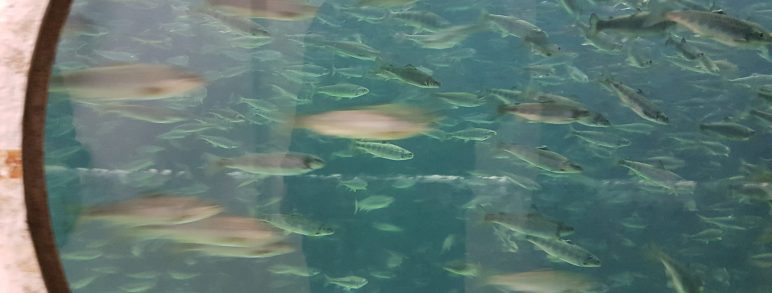Eco-certification is widely considered as a governance tool for addressing environmental impacts of aquaculture production and promoting the long-term sustainability of industrial fish-farming. Globally, more than thirty eco-certification schemes are currently engaged in upgrading the environmental, social and ethical performance of aquaculture industry. Eco-certification as a voluntary instrument sends a clear message to commercial fish farmers about growing concerns for food safety, social responsibility and ecological integrity related to the aquaculture development. It also opens an opportunity for them to get access to global seafood market, if their products comply with the principles and standards set by eco-certification institutions.
Bearing these themes in mind, this project aims to examine the changing landscape of transnational eco-certification schemes in aquaculture sectors. In doing so, we are engaged with scholarly literature on aquaculture eco-certification to seek the emergence and evolution of various eco-certification initiatives for aquaculture industry by applying the political economy approach. We are also interested in critically assessing the social and community-oriented principles and practices of aquaculture eco-certification organizations that are seemingly aligned with the underlying criteria of social license.
